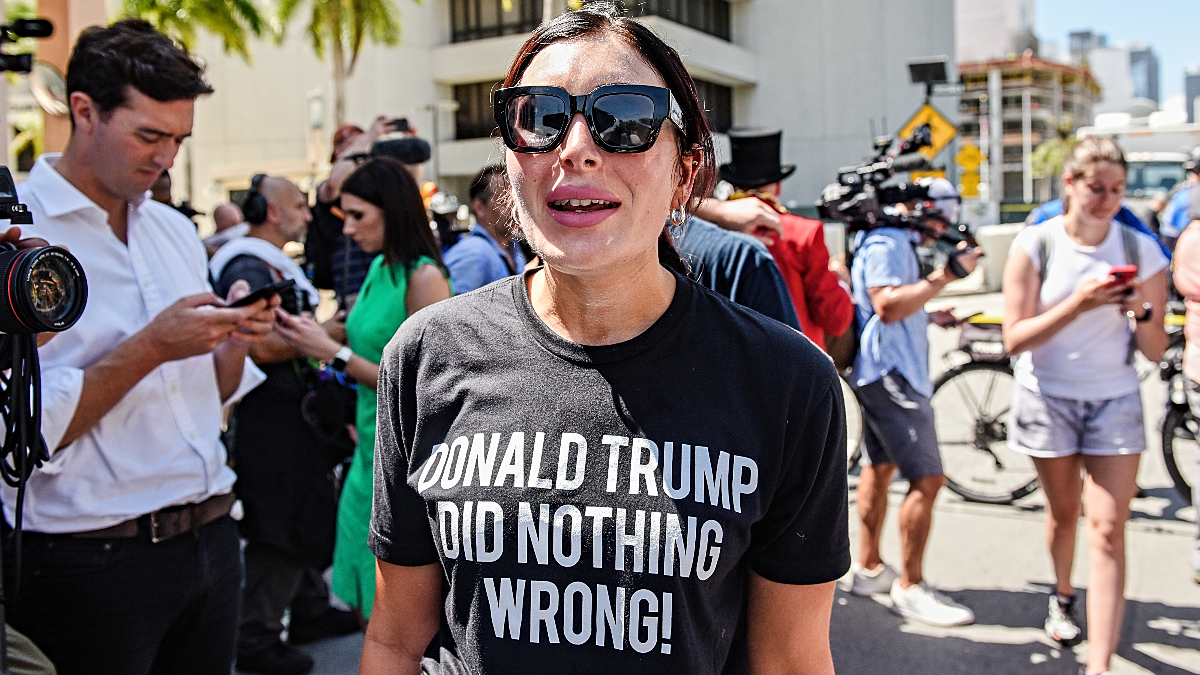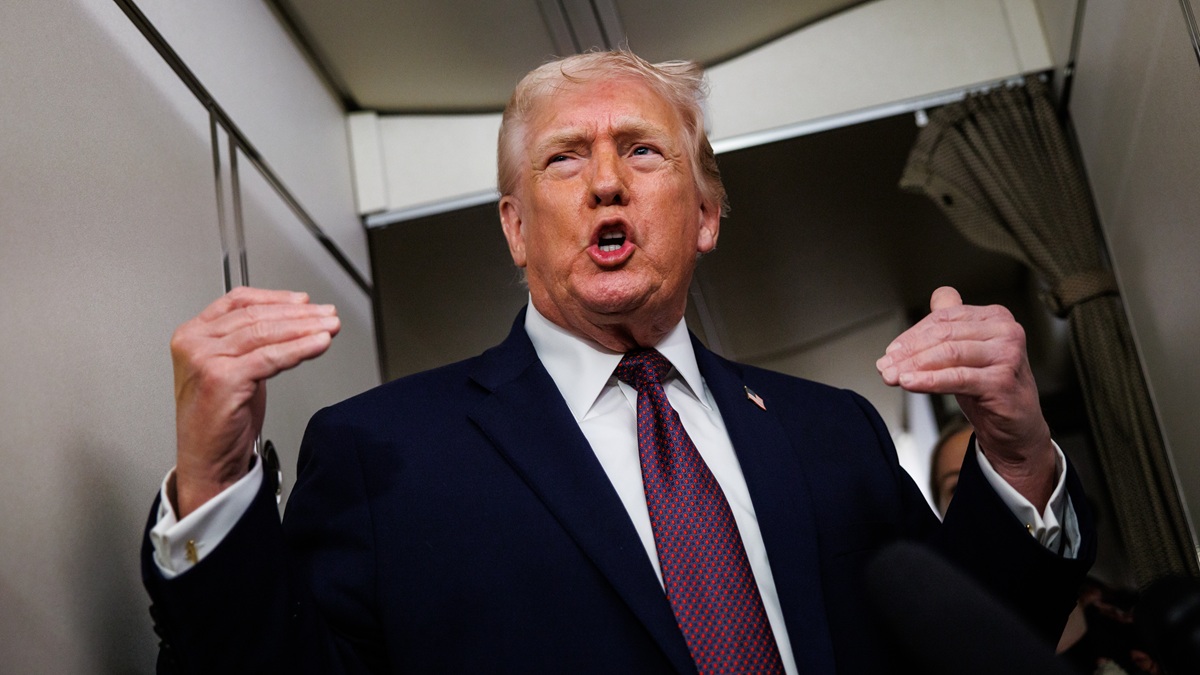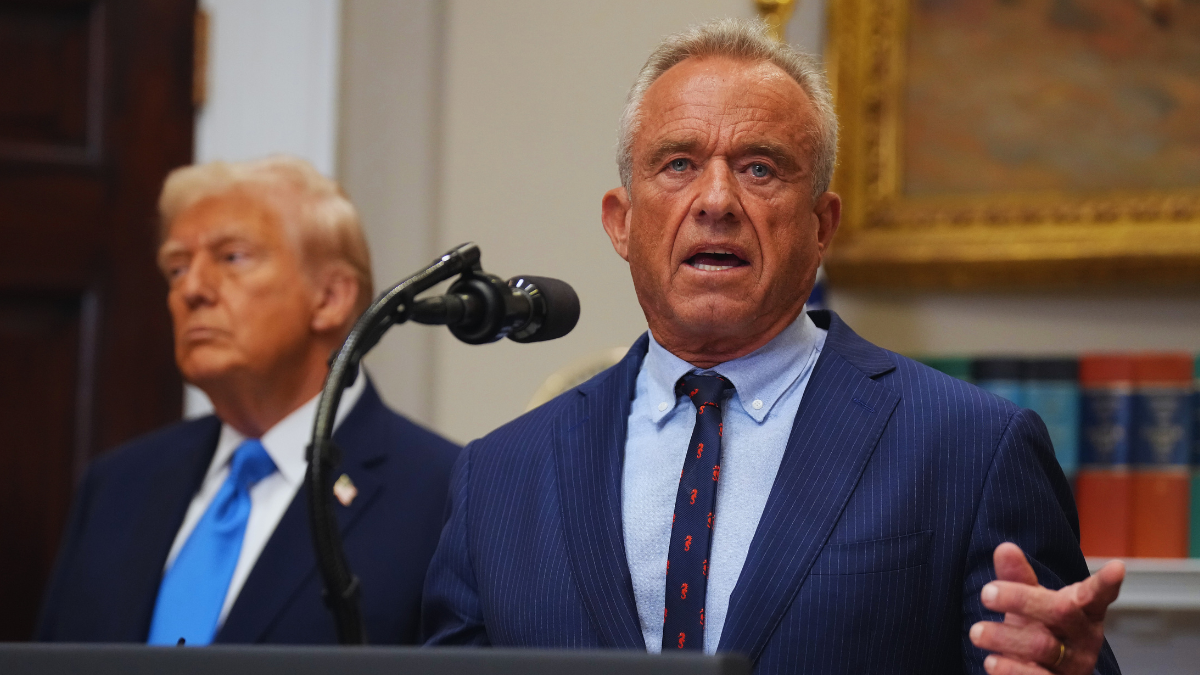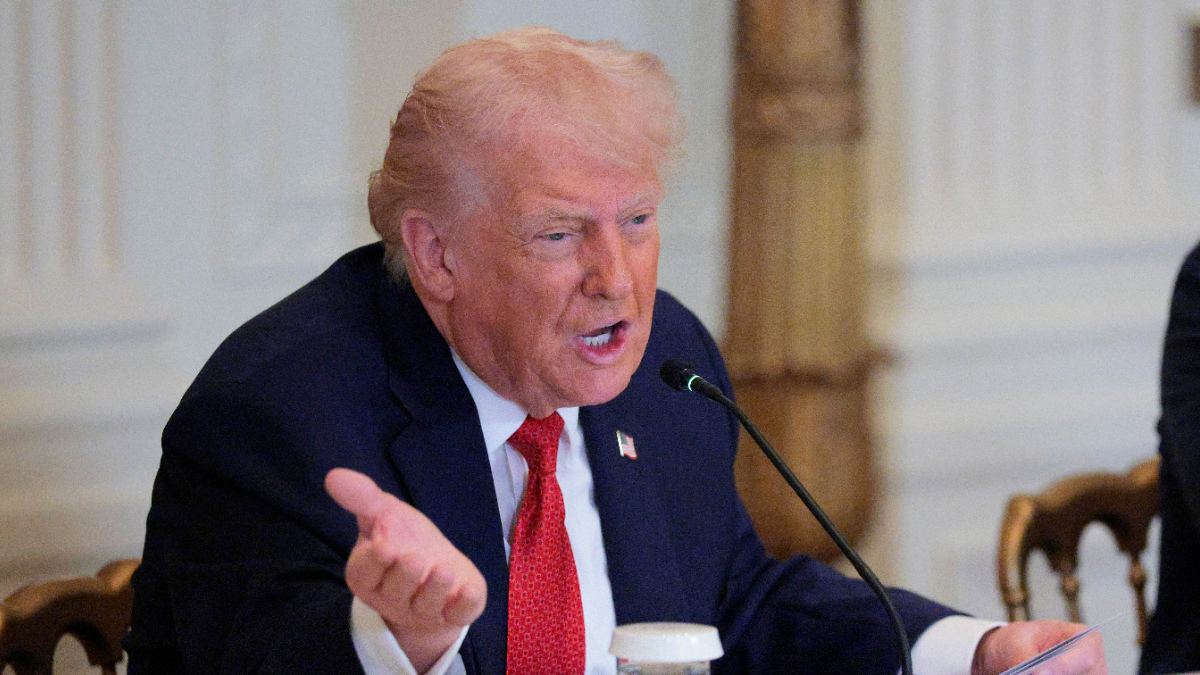Dopesick: Dealers, Doctors and the Drug That Addicted America might not sound like a catchy title. On face value it is the literary equivalent of clickbait, designed to draw audiences in before blindsiding them with sensationalism. However, what this eight-part adaptation from Hulu aims to do is inform without hyperbole. A tall order, when you consider the tangled web of subterfuge and corporate chicanery that went into the real life story of America’s opioid epidemic.
According to the National Institute on Drug Abuse, American overdose deaths involving prescription opioids increased from 3,442 in 1999 to 17,029 in 2017. A statistic which was aided considerably by the introduction of OxyContin by Purdue Pharma in 1996. An essential piece of information for audiences going into this modern day tragedy, leaving no room for ambiguity.
Chief architect behind this deep dive into Purdue and its wonder drug OxyContin is Danny Strong. Co-creator of Empire and synonymous with the Hunger Games: Mockingjay entries, Strong is now an entertainment activist for opioid addiction. He opts for an expansive exploration of Beth Macy’s book of the same name through long-form television, rather than a two-hour feature film which would have left too many stories undeveloped.
By focusing attention on Michael Keaton’s Doctor Samuel Finnix, Michael Stuhlbarg’s Richard Sackler, and Kaitlyn Dever’s Betsy Mallum, Strong seeks to see all sides as Dopesick’s showrunner. From small town doctor to big pharma figurehead, Dopesick weaves character, circumstance, and emotional sucker punches into a story which is unbelievable. Other players in the game include DEA investigator Bridget Meyer, played by Rosario Dawson, and Peter Sarsgaard’s Rick Mountcastle, who represents the justice system.
Ultimately, Dopesick is an exposé of the methodology behind pharmaceutical companies and how they make money. It charts the addiction tactics, marketing ploys, and corporate double-dealing which goes on behind closed doors. Federal institutions, medical regulators, and an incentivized sales force all played their part in turning America into an opioid mecca chock full of addicts. A fact which is both appalling to consider but enthralling to watch.
There are no weak links on screen from the opening frame, as audiences are invited into company boardrooms, small town clinics, and fragile family dynamics. Over the course of eight episodes, these people are given thoughts, feelings, and life-changing dilemmas which all stem from the influence of OxyContin.
With his first dedicated television role in quite some time, Michael Keaton encapsulates the decline of a medical professional, who is convinced into prescribing OxyContin for his patients before succumbing to its lure himself. It is a role which requires range, both emotionally and otherwise, which allows the actor to shape Samuel Finnix into a man of complexity—one that proves to be the heart and soul of Dopesick, alongside Will Poulter’s salesman Billy Cutter.
Will Poulter has been in the business a long time, building his reputation through carefully selected roles which culminated in Kathryn Bigelow’s Detroit and Charlie Brooker’s Black Mirror: Bandersnatch. With Billy Cutter, he goes from idealist to conflicted company man, sharing some solid scenes with Michael Keaton along the way. It is the combination of these two actors together that cuts through the heavier elements of Dopesick, making it more accessible. On the flip side of that is Richard Sackler played with an obsessive understatement by Michael Stuhlbarg.
A characterization personified by an insipid cadence which barely cloaks his cold-blooded demeanor. One driven by personal validation rather than financial gain, Richard Sackler represents the poison chalice that sits at the center of this profit machine. A mechanism where human lives are traded like currency in the pursuit of a larger market share.

As the series progresses and more fraudulent behavior comes to light, it is these characters which will keep audiences coming back. Similar in many ways to Spotlight, which dramatized the suspected molestation of minors by members of the Catholic church, Dopesick approaches pharmaceutical misdemeanors in the same fashion. Rooted by superior performances from a cast fully committed to the subject matter, Dopesick should be mandatory viewing for anyone who claims to be interested in contemporary America.
Privatized healthcare is an area open to exploitation by the highest bidder. It is a sad fact that pharmaceutical companies profit from ill health, low income families, and menial job opportunities. Perched atop their pedestal of privilege and affluence, these institutions are insulated but far from oblivious—a fact that is hammered home by Dopesick in a way which pulls no punches and makes no apologies. More networks need to be tackling these topics more often.















Published: Oct 14, 2021 09:16 am